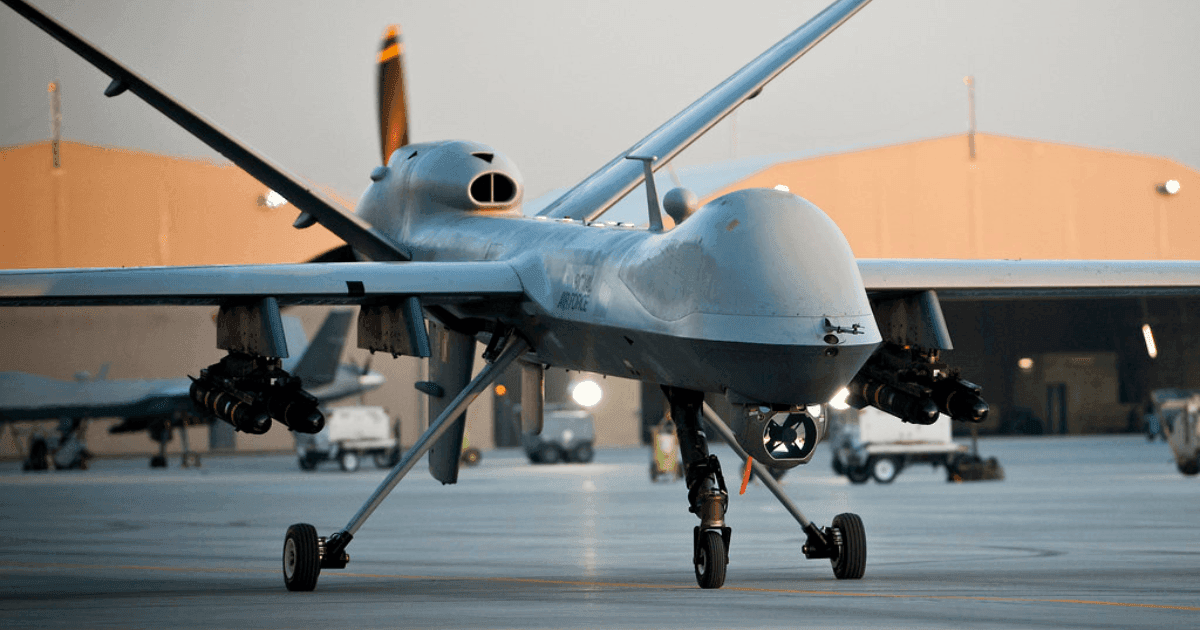Artificial Intelligence (AI) is no longer confined to business and healthcare—it is now a cornerstone of national security and defence strategies worldwide. By 2025, AI technologies are reshaping military operations, intelligence gathering, cybersecurity, and emergency response, enabling nations to respond faster, more accurately, and more effectively to threats.

AI in Intelligence and Threat Analysis
AI enhances intelligence operations by rapidly processing massive amounts of data from satellites, sensors, social media, and communication networks.
- AI algorithms can detect unusual patterns that indicate potential threats or hostile activity.
- Predictive models help defence agencies anticipate conflict scenarios and prevent escalation.
- Automated analysis reduces the workload on human analysts and increases response speed.
Autonomous Systems and Robotics
Autonomous drones, unmanned vehicles, and robotic systems are increasingly integrated into defence strategies.
- Surveillance drones provide continuous real-time monitoring of borders and critical infrastructure.
- Autonomous ground vehicles can perform reconnaissance missions without risking human lives.
- Robotic support units assist in logistics, transport, and battlefield casualty management.

AI-driven systems enhance operational efficiency while keeping human personnel out of harm’s way.
Cybersecurity and AI
Cyber threats have grown exponentially, and AI is essential in defending digital infrastructure.
- AI-powered systems detect anomalies in network traffic and identify potential breaches.
- Machine learning models anticipate attack patterns before they occur.
- Automated response systems can contain threats in real-time, minimising damage.
AI thus acts as both shield and sentinel, protecting sensitive government and military networks.
Crisis Response and Disaster Management
AI applications in defence extend beyond combat. National security now includes natural disaster response, pandemic management, and humanitarian assistance.
- AI predicts environmental hazards, floods, and earthquakes with greater accuracy.
- Simulation models help governments optimise evacuation routes and resource allocation.
- Real-time data analysis improves coordination between defence forces and emergency responders.

These capabilities enhance civilian protection while strengthening national resilience.
Ethical Considerations
AI in national security raises profound ethical questions:
- Autonomous weapon systems challenge traditional rules of engagement.
- AI surveillance may infringe on civil liberties if not properly regulated.
- Decision-making accountability becomes murky when algorithms drive critical operations.
Ethical AI frameworks, transparency, and international agreements are vital to ensure responsible deployment.
Global Trends in AI Defence
Different nations are adopting AI in defence at varying speeds:
- United States and Israel lead in autonomous systems and advanced analytics.
- China focuses heavily on AI-powered cybersecurity and surveillance.
- European Union emphasises regulatory frameworks and AI ethics in military applications.
The global AI arms race is intensifying, making collaboration, policy, and governance essential for stability.
Human-Machine Collaboration
Despite AI’s capabilities, human oversight remains crucial. Military leaders increasingly rely on human-AI collaboration:
- AI handles repetitive and data-intensive tasks.
- Humans make strategic, ethical, and high-stakes decisions.
- Training programs ensure personnel can interpret AI outputs accurately and respond effectively.

This partnership leverages AI’s speed with human judgement.
Looking Ahead: 2030 and Beyond
By 2030, AI is expected to:
- Integrate fully with national defence networks.
- Enable predictive threat analysis for proactive security measures.
- Facilitate global intelligence-sharing collaborations using AI-driven platforms.
Nations that adopt AI responsibly will gain significant strategic advantage, while those that lag risk vulnerabilities.
Conclusion
AI is redefining national security and defence in 2025. From autonomous systems and cybersecurity to crisis response and ethical governance, AI empowers nations to respond faster and smarter. Success in this new era depends on responsible deployment, human-AI collaboration, and strategic foresight.
At Tamfis AI Store, we provide AI tools and prompt bundles that can simulate, analyse, and support defence and security applications—helping governments and organisations harness AI ethically and effectively.


